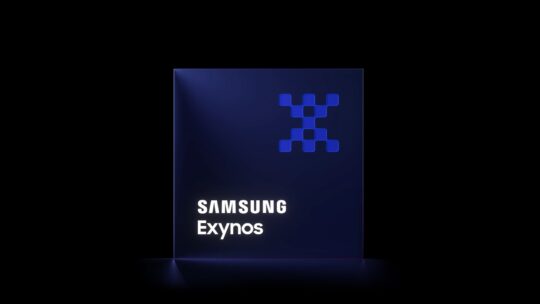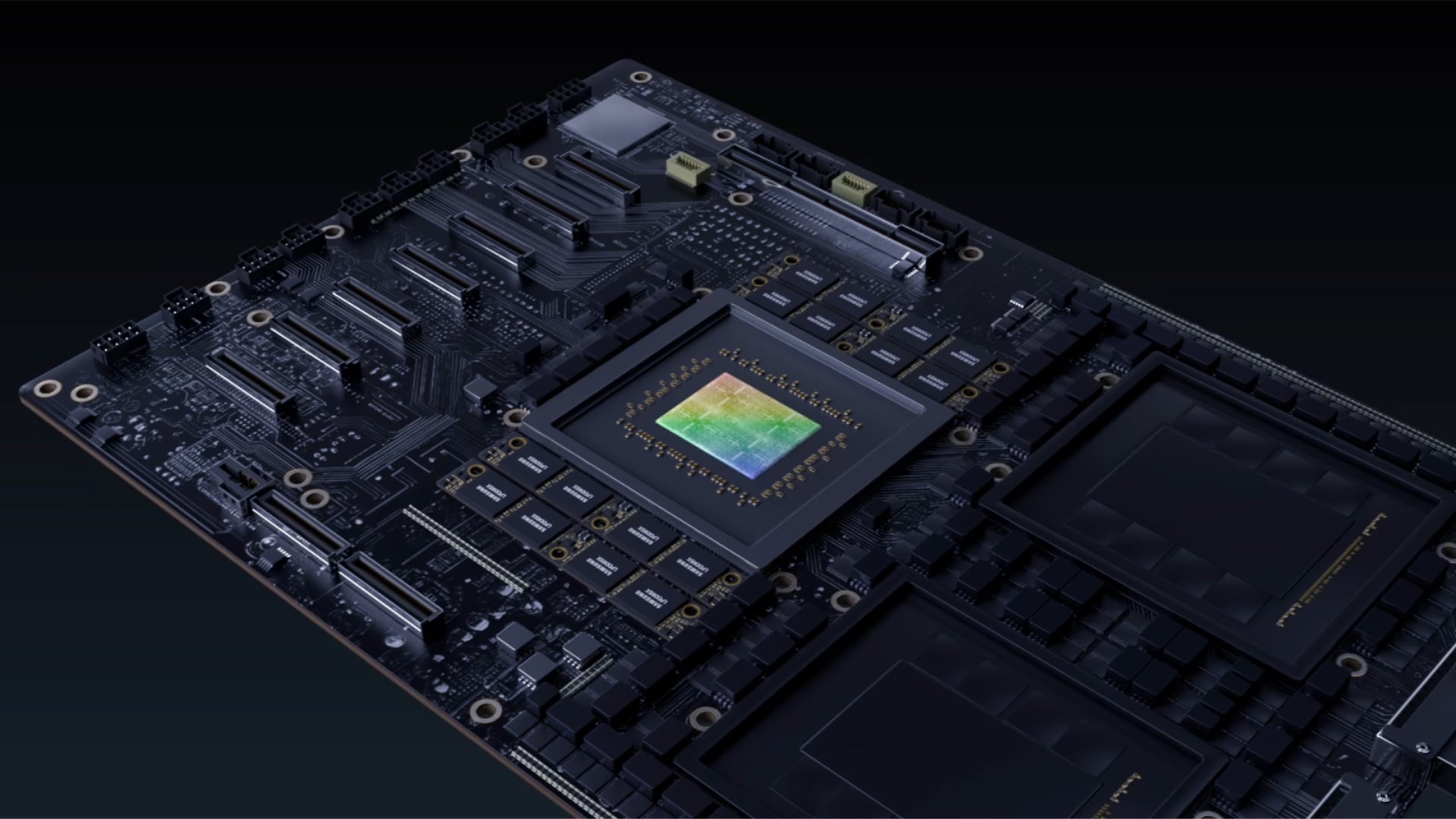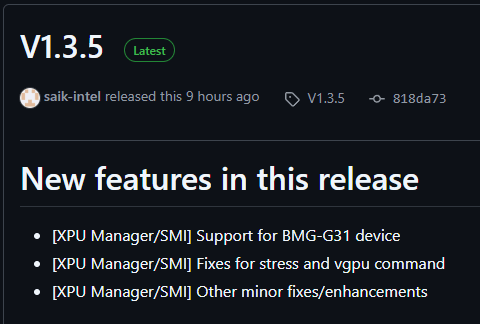Although Samsung has been working with AMD over the past few years to bring raytracing features to its Exynos chips, the company seems to be working on its own version of raytracing and AI-powered upsampling technologies for future Exynos processors. This news comes just a few days after it was revealed that Samsung is working with AMD and Qualcomm to bring FSR (FidelityFX Super Resolution) to its phones.
Samsung’s raytracing tech claimed to be better than AMD and Nvidia’s solutions
A team at SAIT (Samsung Advanced Institute of Technology) seems to be working on two new technologies: Neural Ray Reconstruction and Neural Super Sampling. According to Daily Korea, These technologies will reportedly be brought to Exynos chips after 2025. If this report is accurate, these gaming technologies might not be included in Samsung’s 3nm ‘Dream Chip’ developed for the Galaxy S25 series. Samsung’s raytracing is claimed to be superior to AMD’s and Nvidia’s, as it offers raytracing to all parts of a scene. In comparison, AMD and Nvidia’s raytracing is usually only applied to some parts of a game’s frame where light is reflected.

As raytracing needs a lot of processing power, Samsung uses NPU for raytracing-related calculations and an AI-powered super-sampling method (Neural Super Sampling). Like AMD’s FSR and Nvidia’s DLSS, it can render frames at a lower resolution and upscale them to a higher resolution to reduce the burden on the chipset. After this, antialiasing is applied to smoothen the edges of objects in a video frame. Since there has been no official announcement about these technologies, take this information with a pinch of salt.
Samsung will launch the Galaxy S24 in mid-January 2024, and it will be the company’s first AI Phone. It features a chipset (Exynos 2400 or Snapdragon 8 Gen 3) with a powerful NPU that can offer on-device AI processing so that it doesn’t need the internet to offload tasks to a cloud server. That makes things faster and more reliable for some tasks. Further, the company plans to enhance NPU to be ready for raytracing and upsampling tasks in future Galaxy smartphones.






